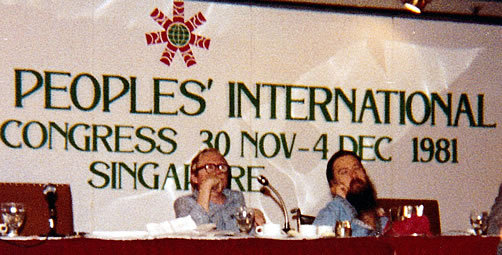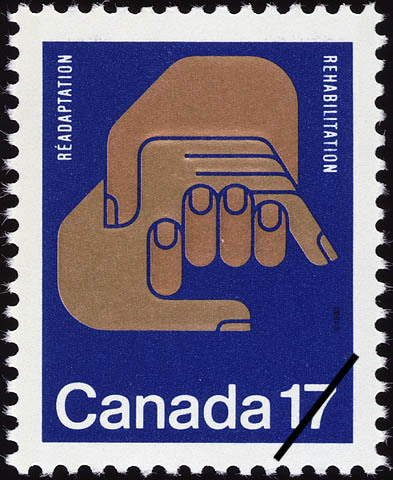The Carleton University Disability Research Group (CUDRG) is pleased to announce an upcoming talk by member Dr. Ryan Patterson, “Transnational Representation: MCC Canada and the founding of Disabled Peoples’ International, 1981”. The talk will be held online along with two others as part of the MCC@100 Conference panel “MCC as Incubator and Catalyst” on Friday, October 1st, 2021, 7pm-9pm. Attendees are asked to register (free) here.
Based on participant interviews and archival research, this talk will explore how, in 1981, the Winnipeg-based Mennonite Central Committee of Canada (MCCC) became pivotal to the founding of the worldwide non-profit Disabled Peoples’ International (DPI). Along with material funding, the MCCC offered contacts and credibility in the non-profit world and, most importantly, sustained support for talented individuals at the heart of the early DPI.
Dr. Patterson has also published an article on this subject, available on the CUDRG website: “Transnational Representation” (Carleton University Disability Research Group, open access, February 2020).




